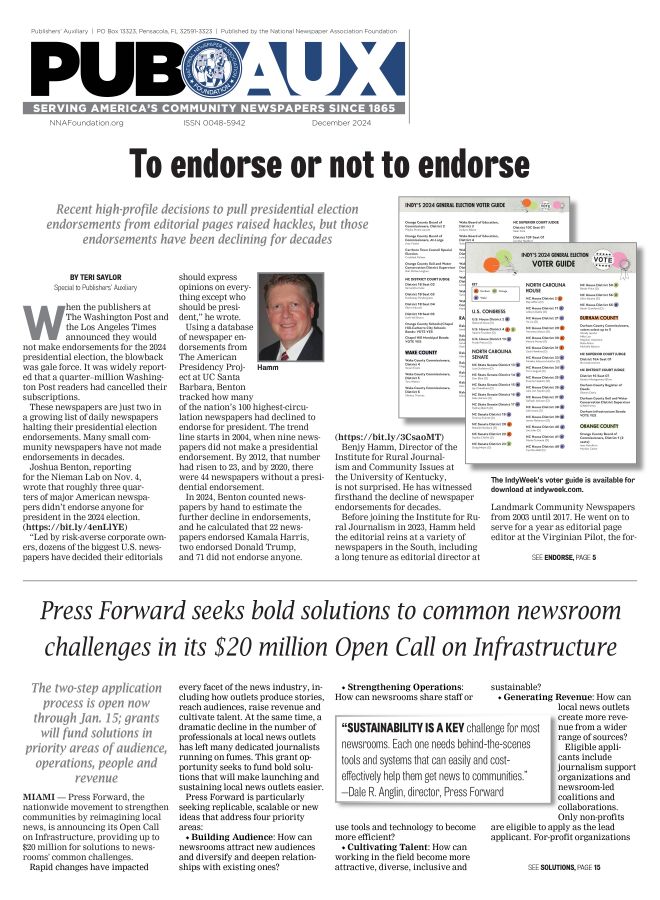|
By Charles C. Haynes
Inside the First Amendment | JUNE 12, 2014
After four years of protests, lawsuits, vandalism, arson, and a bomb threat, American Muslims in Murfreesboro, Tenn., can finally celebrate the power of religious freedom to triumph over hate and fear — at least in the courts.
Last week, the U.S. Supreme Court put an end to a lawsuit filed in 2010 challenging the permit issued by Rutherford County for construction of an Islamic Center near the city of Murfreesboro. By declining to hear the case, the High Court let stand a Tennessee Court of Appeals decision in favor of county officials.
Opponents of the mosque — convinced that Muslims are a threat to their community — had tried various tactics to halt construction of the Islamic Center. In a last-ditch legal maneuver, they filed suit, charging that the county had given inadequate public notice of a meeting to approve the site plan for the Center.
Now the Supreme Court has put an end to the legal drama — and the Islamic Center is in Murfreesboro to stay.
A remaining lawsuit — this one challenging the right of the Islamic Center to build a cemetery — remains to be resolved. But supporters of the mosque are optimistic that the courts will soon dismiss this final legal challenge.
Of course, history teaches that court victories don’t change minds and hearts overnight. Muslims in Murfreesboro have their new Islamic Center thanks to local officials doing the right thing, but they still face prejudice from those convinced that Islam has no place in America.
What’s heartening about this saga, however, is how local government officials stood up for religious freedom. Despite strong public opposition, members of the county planning commission voted to treat the building application of the Muslim community like applications from any other religious community.
That took courage. At the height of the conflict, political candidates and anti-Muslim activists worked hard to whip up opposition to the Islamic Center in Murfreesboro and beyond. Even televangelist Pat Robertson weighed in, suggesting that county officials may have fallen victim to Muslims’ “ability to bribe folks” and warning of a future Muslim takeover of the city council.
But through it all, county officials stood firm. Moreover, many local religious groups rallied in support of the Muslim community. Students at Middle Tennessee State University helped form Middle Tennesseans for Religious Freedom, a grassroots effort to counter anti-mosque protests. And the Becket Fund for Religious Liberty — one of the nation’s most effective defenders of free exercise of religion for all — provided legal support.
Despite this good news out of Tennessee, Islamophobia remains a national problem thanks to a cottage industry of anti-Muslim groups working to conflate terrorism and Islam in the minds of the American people.
“Anti-Sharia bills” are pending in at least 10 state legislatures — all of them motivated by anti-Muslim bias and based on a distorted understanding of both Islamic and American law. (For an accurate understanding of Sharia in America, see “What is the truth about American Muslims?” atwww.religiousfreedomcenter.org.)
If past is prologue, however, Islamophobia in our country will fade as American Muslims become more visible in places like Murfreesboro.
We have been down this road before. Not so very long ago, anti-Catholic hatred was at its height in Murfreesboro — and across America. As described by Bob Smietana in the Tennessean, in 1929 angry residents of Murfreesboro marched to the courthouse trying to block the construction of the town’s first Catholic Church.
Today some 2,000 families are members of St. Rose of Lima Catholic Church in Murfreesboro. Religious freedom trumped anti-Catholicism 80 years ago — and religious freedom, if we work at it, will trump Islamophobia today.
We may have a distance to go, but we have come a long way. Consider that six of the current nine justices on the U.S. Supreme Court — the very court that put an end to the fight to against the building of a mosque in Murfreesboro — are Roman Catholics.
Only in America.
|







